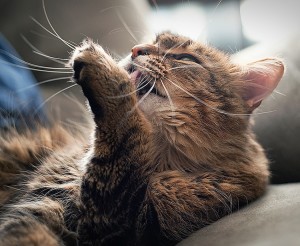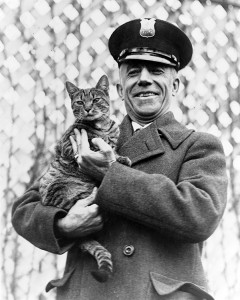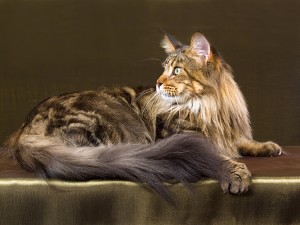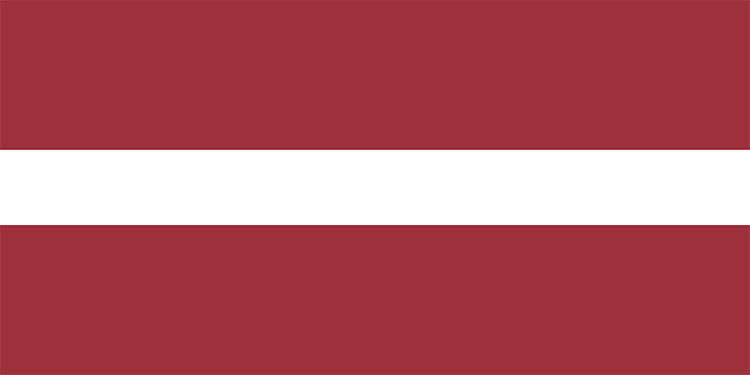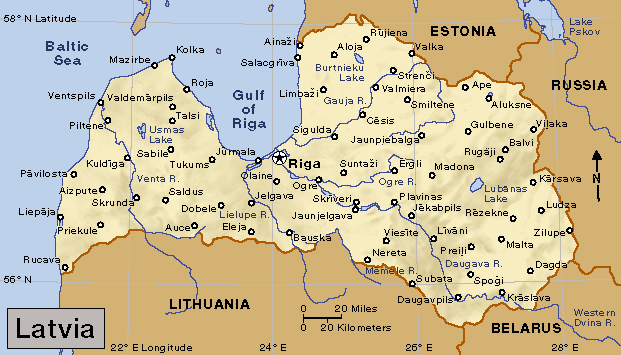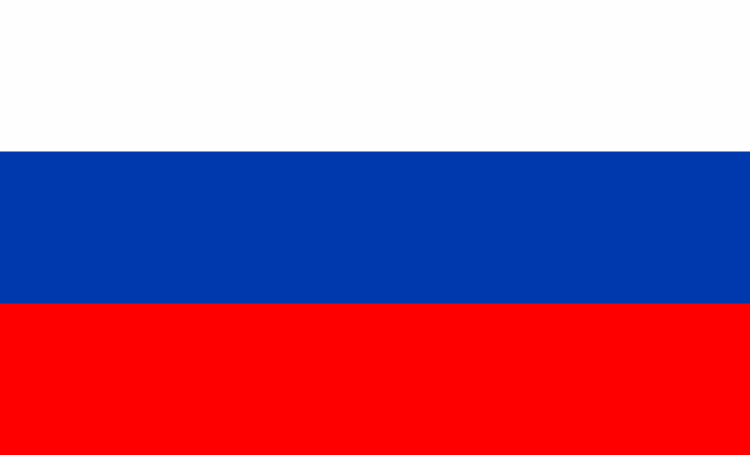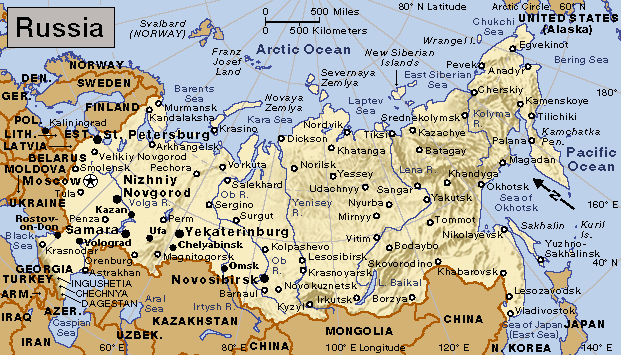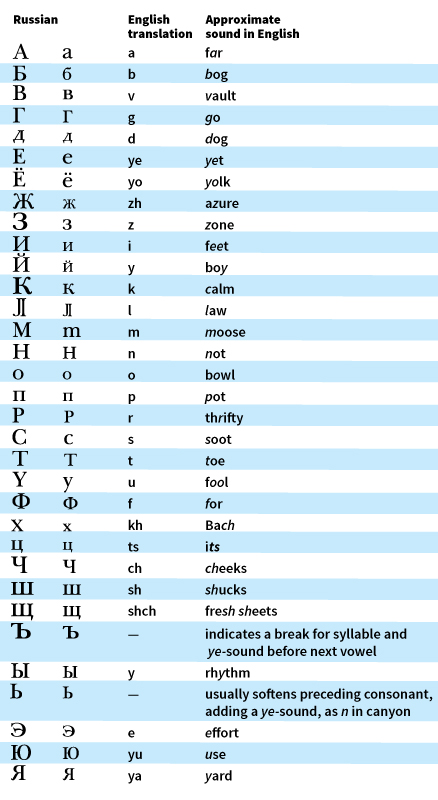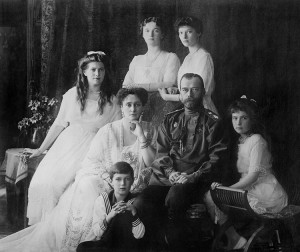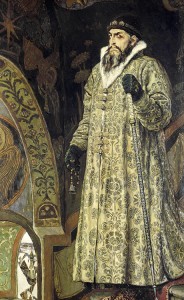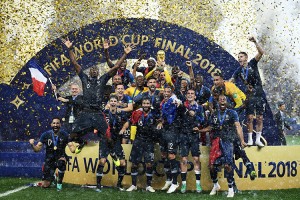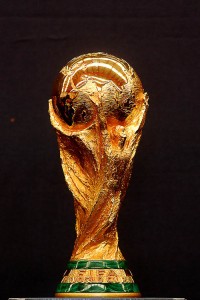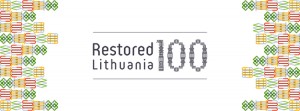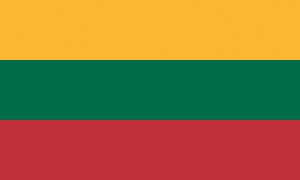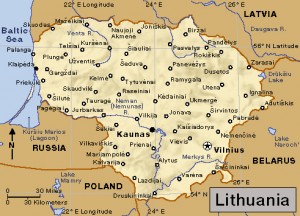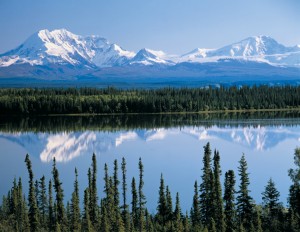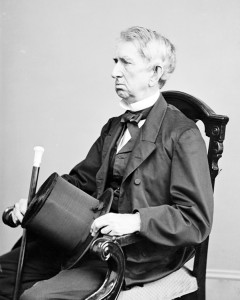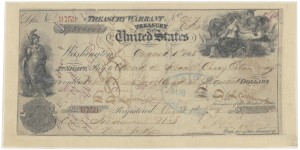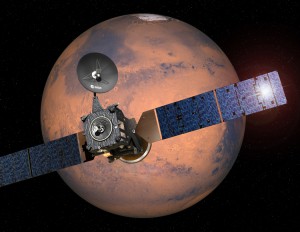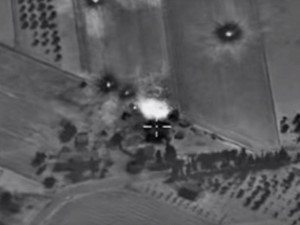Goal-Getter Alex Ovechkin
Thursday, January 19th, 2023
Washington Capitals left wing Alex Ovechkin skates in a game against the Carolina Hurricanes.
Credit: © Andy Martin Jr, Alamy Images
GOAL! In December, professional hockey player Alex Ovechkin, who plays for the Washington Capitals, became the player with the second most goals in NHL history with 802 goals. He passed Gordie Howe’s record of 801 points. Hockey star Wayne Gretzky holds the number one record with 894 goals. However, Ovechkin isn’t retiring anytime soon!
He scored two goals in a game against the Winnipeg Jets on Friday, December 23rd, 2022. His first goal of the game tied him with Howe in the first quarter. With one minute left in the third quarter, he gracefully shot the puck into the goal to beat Howe’s record. The Capitals defeated the Jets 4 to 1.
Alexander Ovechkin is a Russian-born hockey player. He is one of the stars of the National Hockey League (NHL). Ovechkin, a left wing for the Washington Capitals, led the NHL in scoring with 112 points (65 goals and 47 assists) in the 2007-2008 season. He has led the league in goals scored nine times (2007-2008, 2008-2009, 2012-2013, 2013-2014, 2014-2015, 2015-2016, 2017-2018, 2018-2019, and 2019-2020).
Ovechkin won the Hart Memorial Trophy as the NHL’s Most Valuable Player for the 2007-2008, 2008-2009, and 2012-2013 seasons. He also won the Lester B. Pearson Award (now the Ted Lindsay Award) for the 2007-2008, 2008-2009, and 2009-2010 seasons. The award is given to the most outstanding player in the NHL as voted by the league’s players. In 2018, Ovechkin led Washington to its first Stanley Cup championship. He was awarded the Conn Smythe Trophy as the Most Valuable Player in the 2018 playoffs.
Ovechkin was born on September 17th, 1985, in Moscow, U.S.S.R. (now Russia). He began playing hockey with Dynamo Moscow in the Russian Super League in 2001 at the age of 16 and spent four seasons with the team. Ovechkin was chosen by Washington as the first player selected in the 2004 NHL draft. However, he did not play with the Capitals until 2005, because the 2004-2005 NHL season was canceled due to a labor dispute between the players and owners. Ovechkin won the Calder Memorial Trophy in 2006 as the NHL Rookie of the Year. His 65 goals in 2007-2008 set an NHL record for left wingers.
Ovechkin helped the Russian national team win the men’s world championship in 2008. He played for Russia in the 2006 and 2010 Olympic Games.

